General Assembly
The United Nations’ General Assembly was established in 1945 under the Charter of the United Nations. It is the only organ of the UN in which all 193 members nations have equal representations. Additionally, it was a founding institution and stood as the “Deliberative policymaking and representative organ of the UN”. The General Assembly is responsible for making vital decisions concerning the United Nations namely; Appointing the Secretary General, electing the nonpermanent members of the Security council and approving the regular budgets of the UN. Due to the variety of diverse global issues treated by the United Nations’ General Assembly, it found the opportunity of establishing six sub-commissions upon which the topics may be divided. The six main committees are as follows: Disarmament and International Security Committee, Economic and Financial Committee, Social, Humanitarian and Cultural Committee, Special Political and Decolonization Committee, Administrative and Budgetary Committee and the Legal Committee.
This year’s topics are:
- Measures to limit the use of the internet for terrorist purposes
- The question of the use of torture for military interrogation.
This year’s plenary session topic is:
- Combating extremism and armed conflicts in the developing countries through the promotion of sustainable peace and security
Presidency
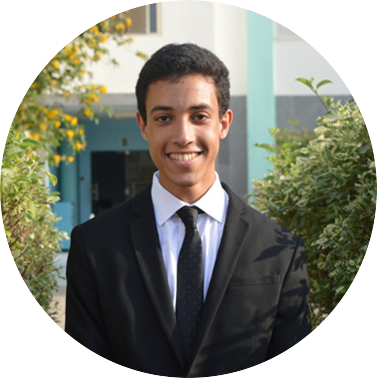
Hussein Fakharany
President of the General Assembly
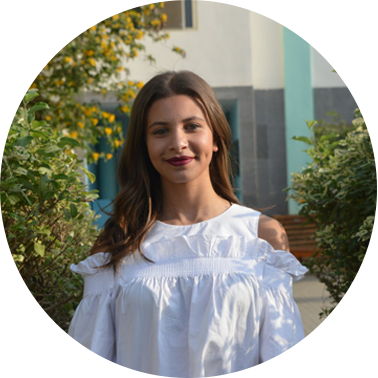
Malak Mounir
Vice-President of the General Assembly
International Court of Justice
The International Court of Justice, also known as ICJ is the principal judicial organ of the United Nations. It was established by the Charter of the United Nations after the end of World War II in June 1945, and it started operating in April 1946. It is situated in The Hague, the Netherlands at the Peace Palace. The Court’s role is to settle, in accordance with international law, legal disputes submitted to it by States and to give advisory opinions on legal questions referred to it by authorized UN organs and specialized agencies. The current president of the ICJ is Ronny Abraham; in office since the 6th of February 2015. The Court is composed of 15 judges that are elected for a nine-year term of office by the UN’s General Assembly and the Security Council.
The court’s official languages are English and French.
This year’s case is:
Case Concerning the Arrest Warrant of 11 April 2000 (Democratic Republic of the Congo v. Belgium)
Case
Presidency
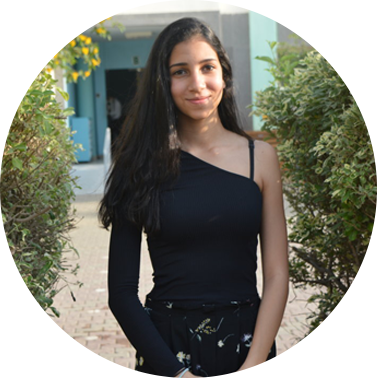
Hana Habib
President of the International Court of Justice
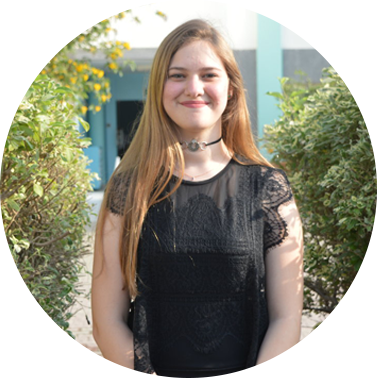
Nadia Mardini
Vice-President of the International Court of Justice
Security Council
The United Nations Security Council (UNSC) is one of the six main UN organs. It is charged to maintain peace and security under the principles of the UN charter. The UNSC determines the existence of a threat to international peace or an act of aggression. It holds frequent sessions regarding these threats. It’s first sessions was held on the 17th of January 1946. It is only UN organ with the power to implement ceasefire , start UN peacekeeping missions and deploy UN troops named “blue helmets” who are sent to enforce peace in various regions. Under the UN Charter, all member States of the UN are obligated to enforce and carry out decisions of the council. The UNSC is composed of 15 members; 5 of them being permanent veto holding members (The United States of America, China, The United Kingdom, The Russian Federation and France). As for the 10 other members, they are rotating non-permanent members that are elected by the General Assembly every 2 years. The Security Council also recommends to the General Assembly the appointment of the Secretary-General and the admission of new Members to the United Nations. And, together with the General Assembly, it elects the judges of the International Court of Justice. In conclusion, the UNSC’s goal is to develop solutions and implement resolutions in order to prevent aggression and maintain security
This year’s topics are:
- The Issue of Nuclear Non-Proliferation and the Democratic People’s Republic of Korea
- Ensuring political, military, social and economical stability in Syria
Topic 1
Topic 2
Presidency of the English Committee
Presidency of the French Committee
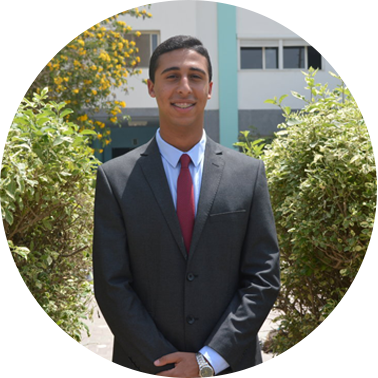
Youssef Khaled
President of the Security Council
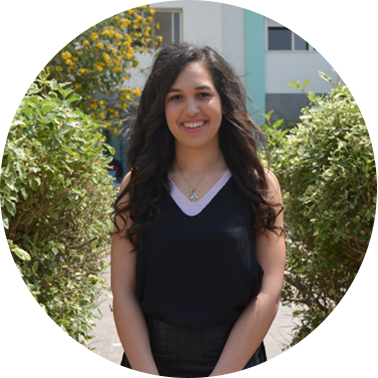
Alia Alam
Vice-President of the Security Council
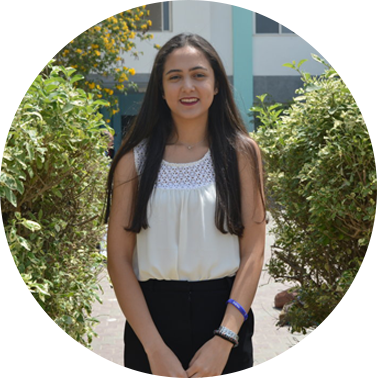
Nadine Hesham
Présidente du Conseil de Sécurité
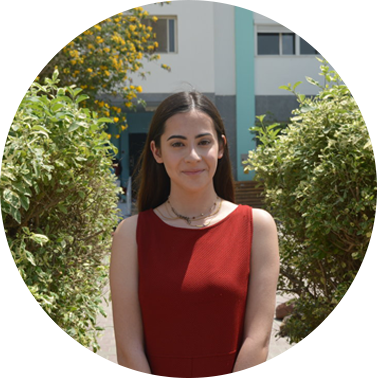
Suzanne Sedky
Vice-Présidente du Conseil de Sécurité
Human Rights Council
The Human Rights Council is an intergovernmental body within the United Nations system made up of 47 Member States, which are elected by the United Nations General Assembly. In fact, this Council was created on March 15th 2006 by resolution 60/251 of the UN General Assembly. The Human Rights Council is responsible for strengthening the protection of human rights around the globe. As basic as the concept of human rights may seem at first, numerous countries and organizations have opposed and infringed these rights due to reasons such as cultural beliefs or financial needs. The dilemma stands where the protection of human rights, and the benefit of a country meet. The Human Rights Council aims to find sustainable solutions that would be applicable to any country or body, in order to bring true equality to those who feel injustice because of who they are or where they live.
This year’s topics are:
- Mesures to protect and maintain the rights of prisoners against police brutality
- Measures to protect and maintain the rights to cultural diversity of national, ethnic, religious and linguistic minorities
Topic 1
Topic 2
Presidency of the English Committee
Presidency of the French committee
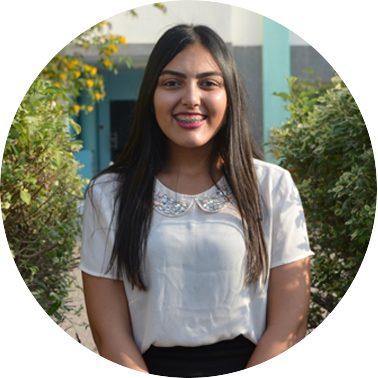
Fatma Soliman
President of the Human Rights Council
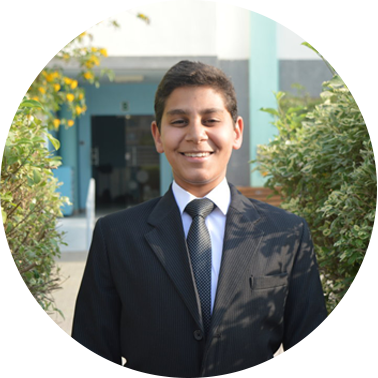
Mahmoud Zahran
Vice-President of the Human Rights Council
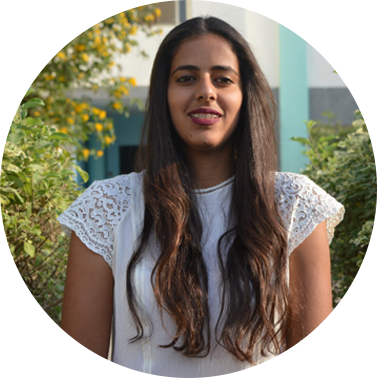
Farida Farid
Présidente du Comité des droits de l'homme
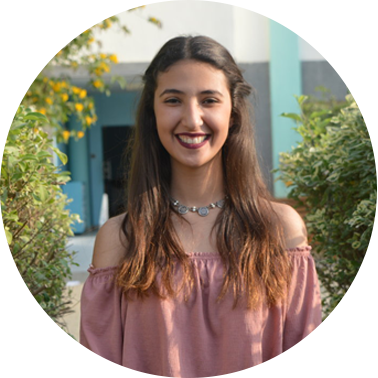
Nour El Nashar
Vice-Présidente du Comité des droits de l'homme
Economic and Social Council
Status of Women
The Commission on the Status of Women is the principal global intergovernmental body dedicated to promote gender equality and empower women all around the world; offering them the rights they deserve and do not receive. It is a functional commission of the Economic and Social Council (ECOSOC). It was established by the ECOSOC resolution 11(II) of 21 June 1946. It The chairperson for the sixtieth session; in March 2016, was Antonio de Aguiar Patriota from Brazil, and one the vice-chairs was Fatma Al-Zahraa Hassan from Egypt. Each year, they dedicate their annual discussions and actions around a specific theme.
This year’s topics are:
- Women in the workforce
- Ensuring the right to women’s healthcare
Topic 1
Topic 2
Chairing Panel
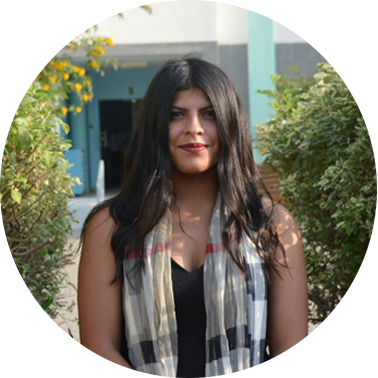
Menna Kotb
Chair of the Economic and Social Council
Economic and Social Council
Crime Prevention and Criminal Justice
The Commission on Crime Prevention and Criminal Justice (CCPCJ) was established by the Economic and Social Council (ECOSOC) resolution 1992/1, upon request of General Assembly (GA) resolution 46/152, as one of its functional commissions. The Commission acts as the principal policy-making body of the United Nations in the field of crime prevention and criminal justice. The CCPCJ also offers Member States a forum for exchanging expertise, experience and information in order to develop national and international strategies, and to identify priorities for combating crime.In 2006, the GA adopted resolution 61/252, which further expanded the mandates of the CCPCJ to enable it to function as a governing body of the United Nations Office on Drugs and Crime (UNODC)
This year’s topics are:
- Preventing human trafficking and migrant smuggling
- Preventing corruption and financial crime
Topic 1
Topic 2
Chairing Panel

Jessica Saba
Chair of the Economic and Social Council
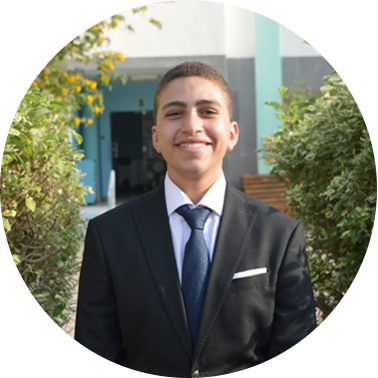
Ibrahim Hossam
Co-chair of the Economic and Social Council
Special Conference - Historical Committee
This committee is only available in french
La conférence spéciale est un comité qui a récemment paru dans les conférences du modèle des Nations-Unies. A OISMUN, un nouveau comité est présenté chaque année. Le comité historique est basé sur un événement précis du passé choisi par la présidence qui a causé un tournant dans le monde. Les délégués qui joueront le role de personnages historiques auront la liberté de réécrire l’histoire pour l’intérêt de leur pays.
Les sujets de cette année sont:
- La crise du Canal de suez de 1956
- La crise des missiles cubiaines de 1962
Topic 1
Topic 2
Chairing Panel
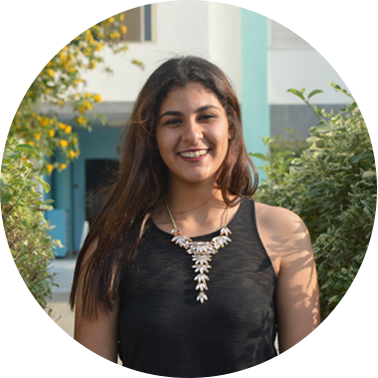
Fatima Mostafa
Chair of the Special Conference
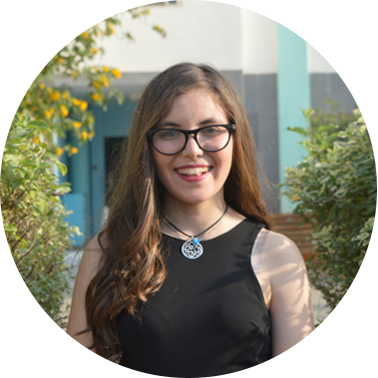
Mariem Smaoui
Co-Chair of the Special Conference


